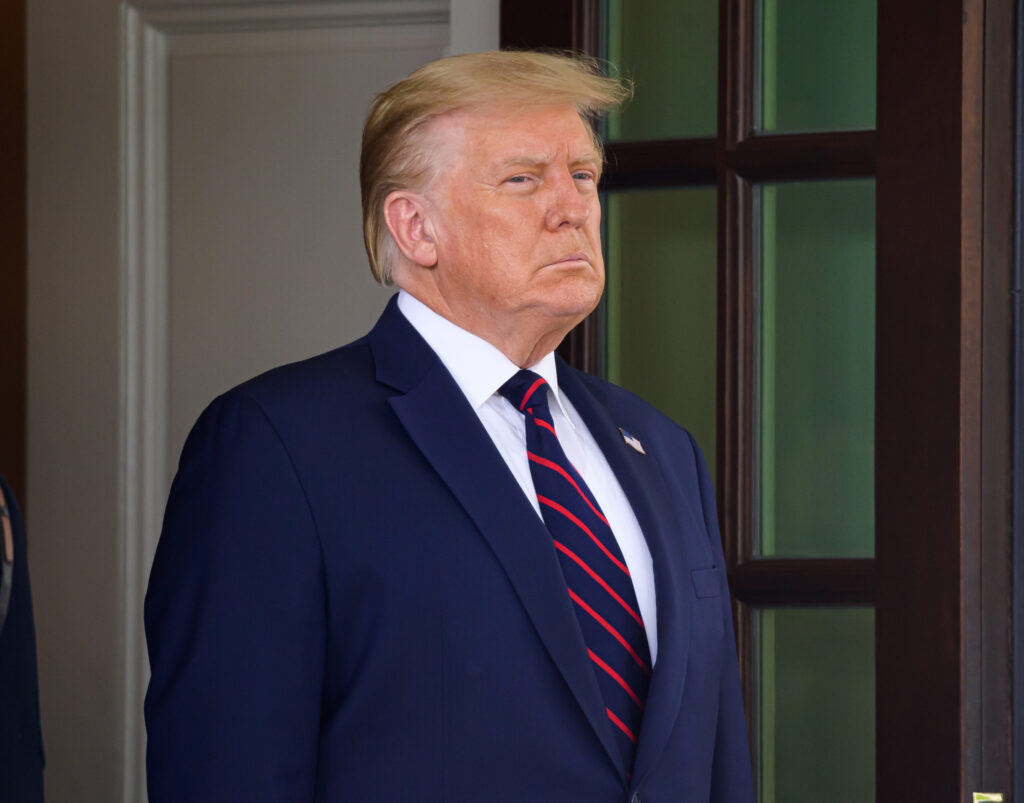HuffPost: Trump can take no credit for NATO improvement
March 1, 2022
Former President Donald Trump should not take any credit for NATO or its performance, according to a new piece from HuffPost.
The piece, headlined, “Trump Takes Credit For NATO — And Is Promptly Reminded Of A Few Pesky Facts,” claims Trump threatened to take the U.S. out of the organization. This is true — Trump did at least float the idea that the U.S. would leave the trade organization.
HuffPost used a string of tweets from political commentators and uses it as proof.
The thing is there are some of us do in fact recall the former president discussing pulling the United States from NATO.
As part of the mutual trade agreement, one of the things that members sign up for is to spend 2% of GDP on defense. After all, why should other members of a mutual defense organization have to build a military capable of defending you if you’re not prepared to spend some minimum amount?
Trump also noted that the only two NATO members who did spend this minimum amount were the US and UK. The German army – no, this is true – does drill training with broomsticks for example.
So, the rhetorical point was made that if no one else was willing to live up to that contract of spending 2% of GDP then why should the U.S. do all the spending and all the defending? Trump even floated the idea that for NATO to continue those who didn’t spend that 2% should send the underspend to the US to pay for the Pentagon.
This did, in fact, work. Military spending has risen in most NATO countries. Because someone did need to point out that most NATO members weren’t living up to the agreement they had signed. It was Donald Trump who pointed that out.
HuffPost is ranked No. 29 in news and media outlets for the US. It gains some 65 million visits a month. As such, it’s a major part of the news ecosystem. It would be worth it actually explaining matters to its readers rather than indulging in rhetorical attacks.
Trump, when President, did mention withdrawing the United States from NATO. As a method of showing the other members of NATO how much they’d miss it when it was gone. A tactic that worked, too.
